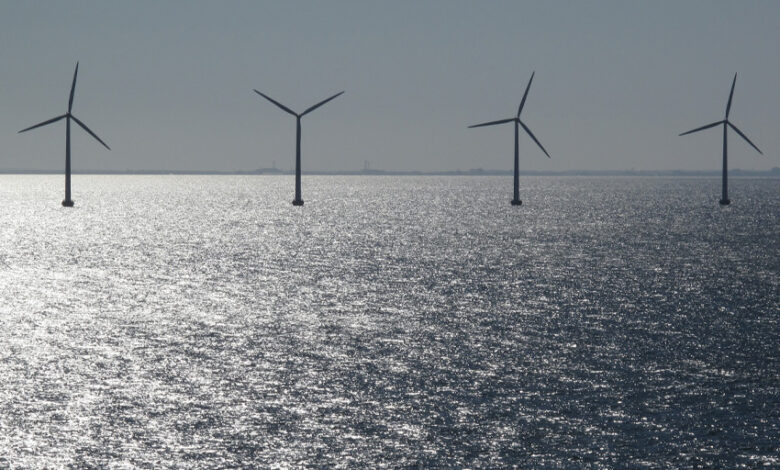Global challenges in meeting net zero

Antoine Oger, Research Director at the Institute for European Environmental Policy (IEEP) outlines progress of the European Green Deal’s implementation and the role of its bespoke barometer.
Alongside research which helped form the building blocks of the European Green Deal, the sustainability think tank based in Brussels, has created a barometer which identifies the challenges to the European Green Deal’s implementation and provides policy recommendations for addressing them.
Now in its third edition, the IEEP’s European Green Deal Barometer, published in March 2023, highlights nature’s relationship with agriculture as “one of the most important obstacles for ambitious sustainability policies”.
“We need to find a way to reconcile these two objectives if we want to have any meaningful sustainability policies, especially in the agricultural sector,” he states.
On the energy sector, Oger believes that the progress being made at EU level is “highly promising”, but that significant work is still needed. “The Russian invasion of Ukraine has had awful consequences, but in relation to energy, it has thrust the EU into action. There has been a lot of progress in renewable energy, in energy security, in insulation of homes, and many other areas.
“There is still a lot to be done before the end of the decade, but at least on that part, we are advancing quite well.”
The key to accelerating the transition in agriculture and reconciling the objectives of agriculture and nature, according to Oger, is ensuring adequate finance.
“There is a near consensus among sustainability experts on the need for the European Commission to increase the share of funds allocated to the implementation of the European Green Deal agenda as part of the mid-term review of the EU long-term budget for 2021-2027 and for the next Multiannual Financial Framework [MFF], which will be brought into the political circles in the next two years,” he says.
“The Russian invasion of Ukraine has had awful consequences, but in relation to energy, it has thrust the EU into action.”
“The finances are crucial. We need to find a way to do this because it is essential to unlock and redeploy trillions of dollars by rapidly shifting finance flows globally to meet global investment needs for low greenhouse gas emissions and climate-resilient development.”
Changing political context
The top challenge for the remaining term of the European Commission, and the rest of the EU institutions, is ensuring that the green policies currently in place survive the projected decline of environmental policies in the next European elections, scheduled for June 2024.
Oger states his belief that the projected loss of representatives from member states’ green parties “calls into question whether strong environmental regulations will be adopted by next EU institutions”.
In spite of this, however, Oger is adamant that “we are in the decade of action”. “We have the EU climate law which is about reducing our emissions by 55 per cent across the EU by 2030. That is a legal framework and a legal obligation.
“The sustainable development goals (SDGs) have to be achieved by 2030. We have the new Kunming-Montreal Global Biodiversity Framework, which was agreed upon in 2023, and has to be achieved by 2030. Everything has to be achieved by 2030, so we have six years from now to do this.
“The political work and the legal instruments are there; they have been adopted at an EU level; they have been adopted at a global level. We have all of the data; we have all of the figures that we need to do that. Now it is about implementation.”
He explains that the EU has taken all of the necessary steps, and that the onus for ensuring progress lies with the individual member states. “They are the ones on the front line in order to deliver an ambitious and fair meeting of European Green Deal legislation,” he says.
“We need to ensure the willingness of the member states to actually go with our environmental policies. In some of our member states, it is politically complicated to commit to this.”
The other barrier which could stifle progress in the short term, according to Oger, is inflation and the rising cost of living.
“We have our climate obligations and so we need to be ambitious and fair. We need to work together to divert the existing financial flow to this transition,” he concludes.





